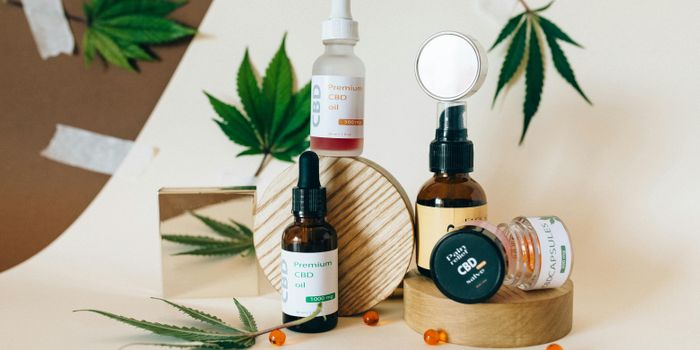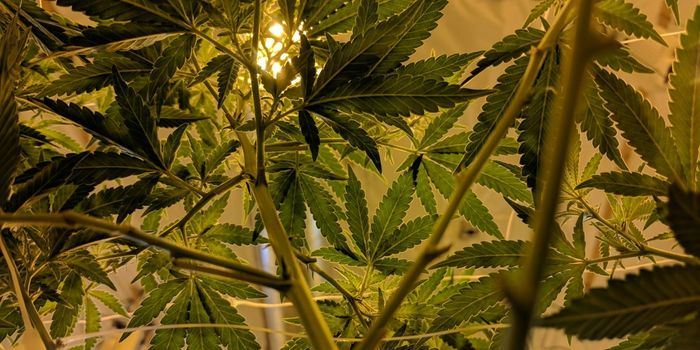Is Medical Cannabis Safe to Use During Pregnancy?
Pregnancy can be a magical time – the experience of growing a child and bringing them into the world is unlike anything else. But pregnancy certainly takes a toll on the body and women often experience severe nausea, fatigue, taste cravings, odor aversions, constipation, headaches, and mood swings, to name a few. Sometimes these symptoms can be very severe, often causing women to stay on bed rest for part of their pregnancy.
It’s no wonder then that pregnant women often seek treatment for these symptoms. And while their doctor can prescribe some medications for nausea and constipation, women may still continue to experience a tremendous amount of discomfort. They therefore may turn to alternative therapies like cannabis to address some of these symptoms.
More Women Using Cannabis During Pregnancy
A recent study published in the Journal of the American Medical Association reported that cannabis use during pregnancy increased from 4 to 7 percent from 2009 to 2016. The Kaiser Permanente Division of Research study evaluated data from nearly 300,000 pregnant women treated in California. They also found that, in 2016, 22% of pregnant adolescents (younger than 18) and 19% of pregnant young adults (aged 18 to 24) tested positive for cannabis. It’s important to note that, in this study, samples were taken at 8 weeks of pregnancy, so these data could reflect cannabis use before the women knew they were pregnant.
What might explain these results? Kelly C. Young-Wolff, PhD, MPH, research scientist with the Division of Research and lead author of the study, noted the following in a press release: “In the United States, increased legalization has occurred alongside increased use of marijuana during pregnancy…It will be important to monitor whether prenatal marijuana use escalates further after marijuana becomes available for legal purchase in California.”
Is It Safe for the Fetus?
While many studies have demonstrated the negative impact of smoking cigarettes and using alcohol or other illicit drugs during pregnancy, less is known about how cannabis affects the developing fetus.
Let’s take at look at the data we have so far:
Cannabis use before and during pregnancy was associated with low birth weight and size in a study of nearly 30,000 women in Australia. Babies in this study were also more likely to be admitted to the neonatal intensive care unit. And a meta-analysis published in the British Medical Journal found similar results.
Children born to mothers who used cannabis during pregnancy may exhibit impairments in cognitive development and may also have behavioral problems. A study of over 500 14-year-olds whose mothers had used cannabis during pregnancy exhibited lower scores on academic achievement tests.
For these reasons, both the Centers for Disease Control and Prevention and the American College of Obstetricians and Gynecologists recommend that pregnant women do not consume cannabis.
And although additional studies have found similar results on the effects of cannabis on development, a few others have not – in fact, some have found that cannabis use does not affect neonatal outcomes at all.
Just like with many other conditions, greater research is needed to clarify the relationship between prenatal cannabis use and later outcomes.
“Sufficient evidence points to an association between prenatal marijuana use and lower birth weight, and limited research shows a correlation with some developmental delays in the child. But data on other potential health risks are limited by the number and quality of existing studies,” noted senior author Nancy Goler, MD, associate executive director in The Permanente Medical Group, in a press release.
What Should Pregnant Medical Cannabis Users Do?
But what if you are one of many women that use medical cannabis (not recreational cannabis) for a specific condition, not for pregnancy? Many women may continue to take certain medications while they are pregnant if the potential risk to the fetus is outweighed by the potential risk to the mother if she does not take them. As in all cases during pregnancy, talk to your doctor and be honest about the medications you are taking. Be sure to ask any questions you have about how your medications could affect you and the developing fetus.








